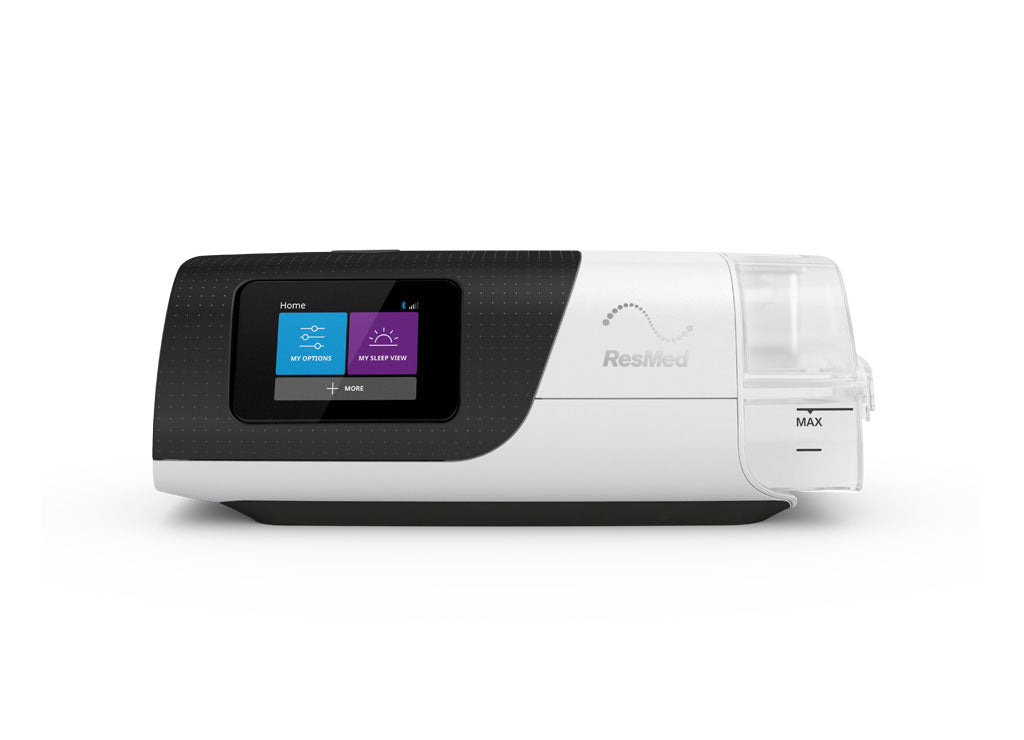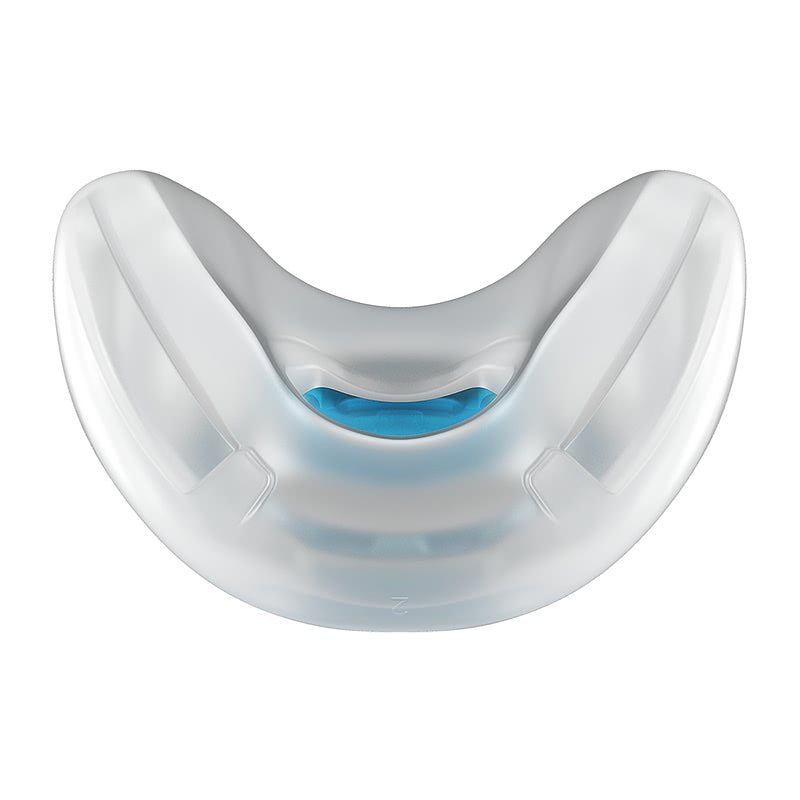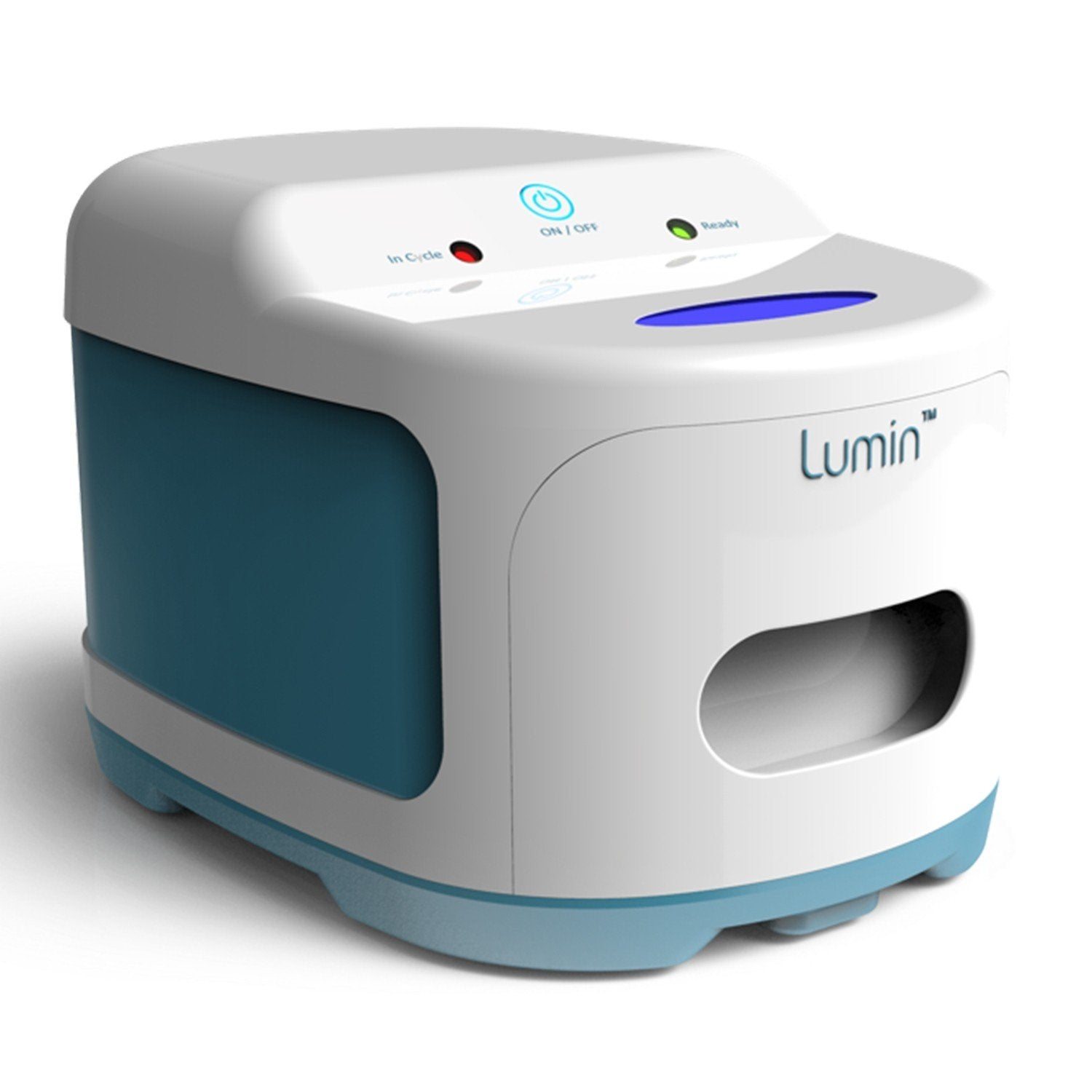
8 Snoring Solutions Expert tips for a better night’s sleep
Share
Your sleep can be disrupted in multiple ways: by noisy garbage trucks outside, work-related stress and anxiety, or a restless bed partner.
Or you, or your bed buddy, might snore.
Sometimes, you don’t realize how loudly you’re snoring until someone points it out. Other times, the snores of a sleeping partner — or even yourself — can be loud enough to startle you awake.
Sleep medicine specialist Nancy Foldvary-Schaefer, DO, MS, explains some of the best ways to stop snoring in its tracks.
How to stop snoring
Several factors can block, or obstruct, your nasal airflow. Some of these can be more easily treated than others, and the severity of the obstruction can dictate your treatment.
About half of people with loud snoring have obstructive sleep apnea, a condition where your breathing pauses or is disrupted while you’re asleep. If left untreated, this can cause serious health problems.
If doctors don’t suspect obstructive sleep apnea to be the cause of your snoring, though, lifestyle changes might help you sleep more restfully. These changes can include:
Losing weight
If you’re living with obesity or are considered to be overweight, snoring may be caused by extra weight around your neck. This can lead to the collapse of your upper airway in sleep. Because of this, weight loss may decrease the frequency and intensity of snoring.
Changing your sleep position
Everybody has their favorite or preferred sleeping position. But sleeping on your back can cause your airway to become obstructed more easily. If you snore, try sleeping on your side to open your airway.
You can also buy a pillow that keeps your head and neck in a better position while you sleep. Or if your bed can move, raise the head of it a few inches, which may reduce upper airway obstruction that occurs when you sleep.
Quitting smoking
Quitting smoking is one of the best things you can do for your health. In addition to a decrease in your blood pressure and an increase in your energy levels, it can help reduce your snoring. Why? It improves your nasal congestion, which has a ripple effect on your snoring.
Reducing or eliminating alcohol
In general, banishing the brews before bed is a good idea for sleep quality. For snoring, it’s especially helpful. Alcohol may cause relaxation of the airway muscles while you sleep, so avoid it for several hours before bedtime.
Taking decongestants
If your snoring is caused by nasal congestion — especially the common cold or a sinus infection — taking a decongestant can help curb your snoring. For chronic nasal congestion, intranasal steroid sprays may be used. However, you should ask your doctor before starting some of these treatments.
Applying nasal strips
Nasal strips are flexible bands you can stick to the outside of your nose to keep your nasal passages open. For some people, this can ease snoring.
Using an oral appliance
For people who snore because of sleep apnea, an oral appliance manufactured by your dentist can help stabilize your upper airway. These mouthpieces work by increasing the size of your upper airway during sleep, advancing your jaw and tongue forward, which helps reduce snoring. If used correctly, these appliances may be as effective as continuous positive airway pressure (CPAP) machines for sleep apnea — and safer than surgery.
Surgery
In severe cases, surgery might be needed to relieve the causes of your snoring. Surgery involves removing excessive soft tissue, including your tonsils, from your throat to widen your upper airway, which has the effect of reducing snoring. You and your doctor should weigh the risks and benefits before surgery — and try other treatments first.
Is there a cure for snoring?

Snoring can come and go throughout your lifetime. And with proper treatment, your snoring can improve. “Snoring can improve or stop with treatments to prevent your airway from collapsing,” says Dr. Foldvary-Schaefer. “This can include oral appliances and upper airway surgical procedures. But sometimes, stopping snoring is as simple as sleeping on your side instead of your back, losing a few pounds, and cutting back on alcohol in the evening.”
Treating snoring that’s a symptom of sleep apnea can be a more complex endeavor. If your doctors suspect you have sleep apnea, a sleep test is required. This may be an at-home sleep apnea test if there’s a high likelihood of obstructive sleep apnea, or an in-laboratory polysomnogram (sleep study) if other conditions may be suspected.
After a sleep apnea diagnosis, you can improve your sleep and reduce symptoms like snoring by making lifestyle changes. In moderate to severe cases, or in the case of significant daytime impairment or medical problems such as heart or lung disease, other therapies are required.
Treatment with a CPAP machine is the most commonly used treatment for sleep apnea. You’ll wear a face or nasal mask overnight, which helps maintain the patency (being open) of your airway. In other cases, surgery of your upper airway, weight loss surgery or an implantable device known as hypoglossal nerve stimulation may be considered.




